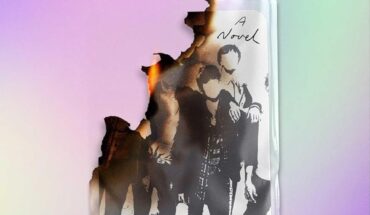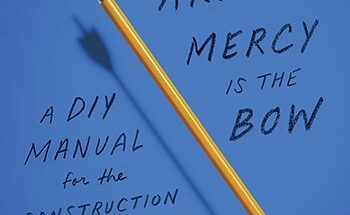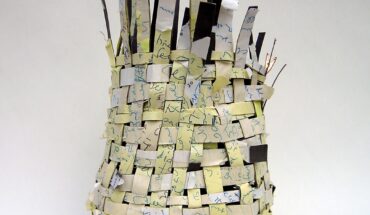I admit it, I’ve fallen in love with my share of anti-heroes. Whether it is Lady MacBeth for her unapologetic ambition, Scarlett O’Hara’s vanity (and great taste in hoop skirts), or even the cruel seduction tactics of Lestat de Lioncourt – they all hold a special place in my heart. By definition, anti-heroes are “petty, ignominious, passive, ineffectual, or dishonest.” It’s these fundamental flaws that make them so fascinatingly human and relatable.
While anti-heroes are as old as drama itself the term was officially coined in the 1950s during a period of disillusionment in Western literature following World War II. Some of the most well-known examples of anti-hero will lead you directly back to one of society’s scars. Yossarian, the lovable scamp and proud coward of Catch-22, puts war and patriotism on notice. American Psycho reveals the heartlessness of 80’s capitalism through the cold-blooded Patrick Bateman, and Fight Club, takes a swing at single mother households and overblown machismo.
If you are keeping score, anti-heroes have grown in popularity over the last decade. The squeaky clean Pollyanna and righteous Dudley Do-Right ring false in a world of #no-filter selfies and reality television. Our superheroes have gotten more sarcastic (Iron Man), more troubled and dark (Batman), and even reluctant, drunk, and self-serving (Jessica Jones). Perhaps this is because it is more interesting to watch one struggle to become virtuous than immediately respect them based on existing virtues.
In fact, when characters behave badly it’s riveting. Stories with anti-heroes continue to blur the line between evil and understandable. They put us into the head space with liars, killers, and thieves. Writers are students of human nature by training. We are all adept at wondering what makes a person into the person that he or she is? Could it be a fear of germs led to misogyny, a lack of paternal love led to greed, or years trapped in a TV alter ego led to narcissism?
Excuses for bad behavior fall flat if your unsavory character stays flawed. Novel plots center on choice and change. Anti-heroes have to make the right or wrong choices consistent with an underlying morality to deliver the full weight of an author’s message. There are several ways that your characters can show their dark side and they all hinge on a code of ethics. Anti-heroes may do the wrong thing to punish a greater evil (moral relativism) or a greater good (utilitarianism). They may further their own self-interest (egoism) or protect their loved ones (situational ethics).
So, what should our heroes look like now? Who is the anti-hero to take on the new normal of lies, overt racism, sexism, and bigotry? Which narrative will tackle our in-progress cultural civil war? If I knew, I’d be writing that story instead of this blog post. What I do know is our heroes have to change in order to help guide us to the consequence of choice. If they must be flawed – and aren’t we all? – let them at least enlighten us on how to be better heroes in real life.



